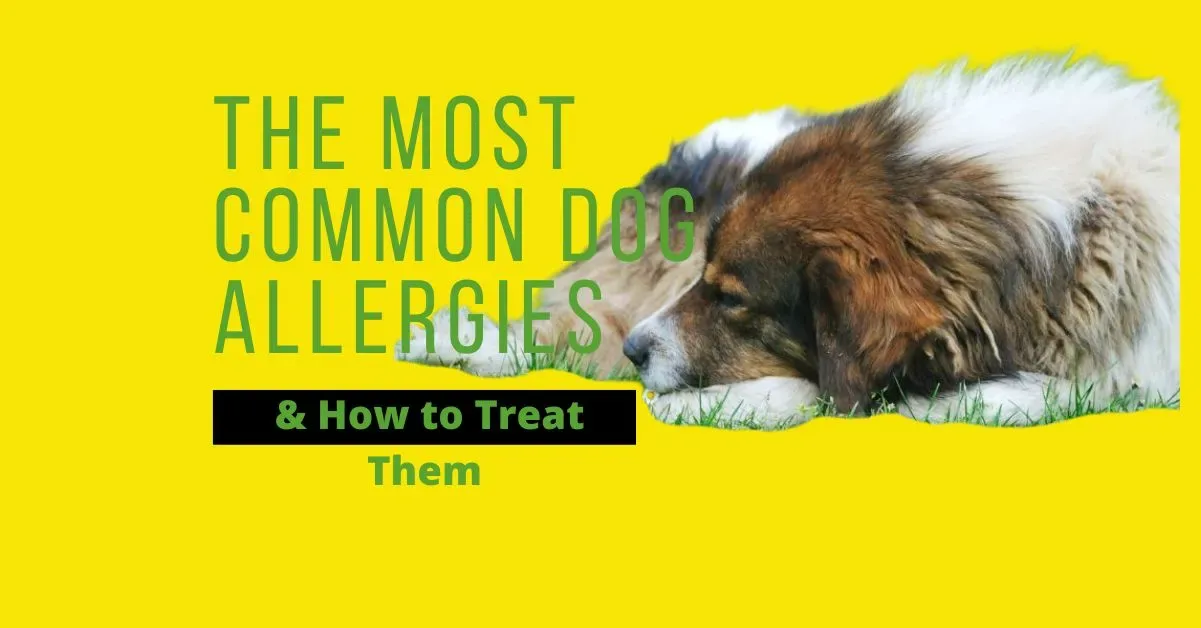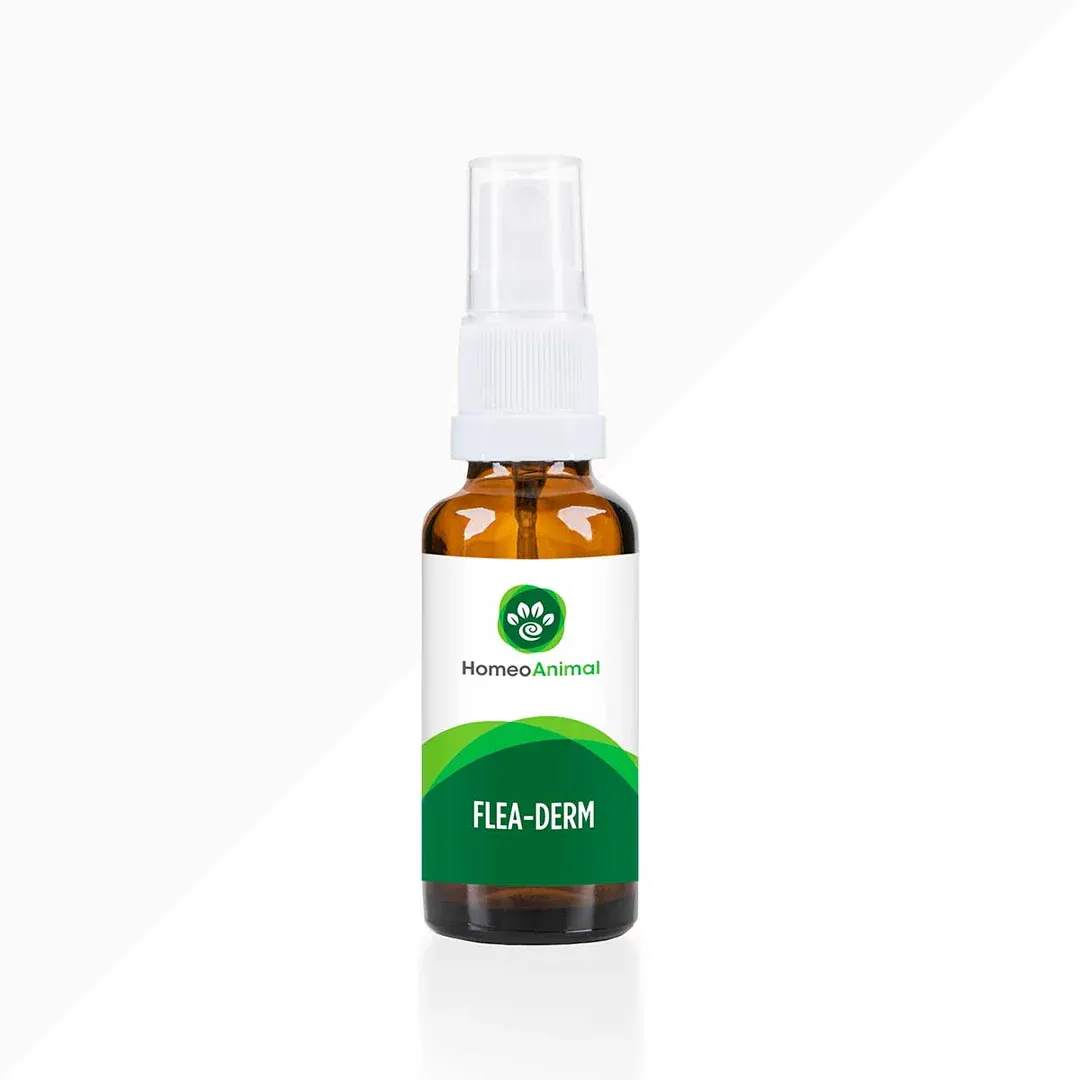Understanding and managing allergic reactions in dogs is crucial for their comfort and well-being. Like humans, dogs can develop allergies to many things, ranging from environmental factors to food ingredients.
This comprehensive guide will delve into common triggers for allergic reactions in dogs, symptoms to watch for, various treatment options, and prevention tips to keep your furry friend happy and healthy.
Understanding and managing allergic reactions in dogs is crucial for their comfort and well-being. Like humans, dogs can develop allergies to many things, ranging from environmental factors to food ingredients.
This comprehensive guide will delve into common triggers for allergic reactions in dogs, symptoms to watch for, various treatment options, and prevention tips to keep your furry friend happy and healthy.
Understanding Dog Allergies
Dogs can suffer from allergies just like humans. Allergic reactions in dogs are caused by an overreaction of the immune system to foreign substances, known as allergens. These can come from their diet, the environment, or lifestyle.
Recognizing the signs of allergies and understanding their triggers is the first step in providing relief and treatment.
Common Triggers for Allergic Reactions in Dogs
Common Environmental Allergies in Dogs
- Types: Tree pollen (oak, birch, maple), grass pollen, and weed pollen (ragweed) are frequent culprits.
- Symptoms: Seasonal allergies often occur during specific pollen seasons, leading to itchy skin, sneezing, and eye irritation.
- Tiny but Troublesome: These microscopic creatures thrive in warm, humid environments like bedding, carpets, and upholstery.
- Impact: Dust mite allergens can trigger year-round allergies, manifesting as itchy skin, ear infections, and respiratory issues.
- Damp Environments: Molds flourish in damp areas like basements, bathrooms, and leaky pipes.
- Allergic Reactions: Mold spores can cause respiratory problems, skin irritation, and eye issues.
- Flea Allergy Dermatitis: This is a common allergic reaction to flea saliva, even if only a few fleas are present.
- Other Insects: Bites from ticks, mosquitoes, and other insects can also trigger allergic reactions in some dogs.
- Irritants: Cleaning products, perfumes, air fresheners, and certain laundry detergents can irritate a dog's sensitive skin and respiratory system.
Smoke:
- Respiratory Distress: Exposure to tobacco smoke or smoke from fires can irritate a dog's airways, leading to coughing, wheezing, and difficulty breathing.
Recognizing Allergic Reactions in Dogs:
- Itchy Skin: Excessive scratching, licking, and chewing are common signs.
- Skin Rashes: Red, inflamed, or irritated skin may appear.
- Ear Infections: Frequent ear infections can be an allergic symptom.
- Sneezing and Coughing: Respiratory symptoms may occur, especially with airborne allergens.
- Eye Irritation: Red, watery, or itchy eyes.
Food Allergies
Food allergies are another common trigger for allergic reactions in dogs. These allergies can develop at any time in a dog's life and can be caused by a variety of ingredients, including:
- Proteins: Beef, chicken, lamb, and fish are common allergens.
- Grains: Corn, wheat, and soy are often problematic.
- Dairy Products: Some dogs are lactose intolerant or allergic to dairy proteins.
Symptoms of Allergic Reactions in Dogs
Skin Irritation
Skin irritation is one of the most common symptoms of allergic reactions in dogs.
This can include:
- Itchiness: Persistent scratching or licking is a telltale sign.
- Redness and Inflammation: Look for irritated, red skin or hives.
- Swelling: The face, ears, or paws may swell due to allergies.
- Hair Loss: Allergies can lead to patchy hair loss or poor coat condition.
Respiratory Symptoms
Allergic reactions can also affect a dog's respiratory system. These symptoms can include:
- Sneezing or Coughing: Allergens can irritate the respiratory tract.
- Runny Nose or Eyes: Clear discharge can indicate an allergic reaction.
- Breathing Difficulties: In severe cases, allergies can lead to wheezing or labored breathing.
Digestive Issues
Allergic reactions can also cause digestive issues in dogs, including:
- Vomiting or Diarrhea: Food allergies can upset a dog's stomach.
- Loss of Appetite: Allergies can make a dog feel nauseous or uninterested in food.
- Weight Loss: Persistent digestive issues can lead to weight loss.
Pet Skin Allergies
Skin allergies are a common problem for dogs, causing discomfort and irritation. As a dog expert, I understand the importance of identifying and treating these allergies to ensure your furry friend's well-being.
What are Pet Skin Allergies?
Pet skin allergies, also known as atopic dermatitis, are caused by the dog's immune system overreacting to environmental allergens. These allergens include pollen, mold, dust mites, and certain foods. When a dog with allergies comes into contact with an allergen, their immune system releases histamines, which cause inflammation and itching.
Symptoms of Pet Skin Allergies
The most common symptoms of pet skin allergies include:
- Excessive scratching, licking, or chewing
- Red, itchy skin
- Hair loss
- Skin infections
- Head shaking
- Ear infections
If you notice any of these symptoms in your dog, it's essential to consult with a veterinarian to rule out other possible causes and get a proper diagnosis.
Natural & Homeopathic Remedies for Pets' Skin & Allergies
(getButton) #text=(Understanding and Managing Canine Skin Allergies) #icon=(link) #color=(#001871) (getButton) #text=(WARNING: 8 Toxic Foods for Dogs You Must Know, Now!!) #icon=(link) #color=(#ec6161) (getButton) #text=(Essential Tips to Manage Allergy Triggers in Dogse) #icon=(link) #color=(#e30d77)






